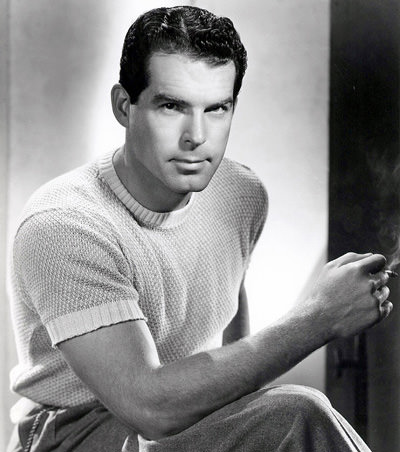

by Tim DeForest

Well, until one of them decides to kill the other. Then the marriage relationship tends to become a bit unhealthy.
Old-time radio brings us many examples of husbands who have decided to kill wives, wives who have decided to kill husbands, and not a few spouses who are falsely accused of spousal murder. Everybody loves a murder mystery. Mariticide or Uxoricide often adds extra spice to the mystery.
Whacking your spouse proves to rarely be a good idea, though. For instance, consider the November 3, 1946 episode of The Clock, titled “Wilber.” Here we learn that even if you think your wife is cheating on you and planning on poisoning you, hiring a hitman to get her first isn’t necessarily a good idea.


In the classic Suspense episode “Sorry, Wrong Number” (broadcast multiple times), an invalid woman is accidentally connected to a phone call in which she overhears two men hired by a man to kill his wife. Her increasingly frantic attempts to report the impending crime to indifferent telephone operators and a skeptical police sergeant make this a truly suspenseful episode.


In the Lights Out episode “Sub-Basement,” a husband’s plan to lure his wife into a deep tunnel to kill her and hide the body is interrupted by the appearance of a dinosaur. To be fair to the husband, that’s the sort of thing you really can’t plan for.
Yet another husband’s plan goes awry in Suspense’s “Commuter’s Ticket” (August 1, 1948), when his assumption that he won’t be recognized during an unobtrusive ride on a commuter train proves wrong.

The above episodes featured husbands carefully planning their murders, but the “protagonist” in The Whistler’s “Quiet Sunday” (June 10, 1946) was forced to improvise an alibi when an unplanned encounter between his wife and his mistress required him to come up with a plan on the fly. It does not work out well for him.

.jpg)
This superb episode was later broadcast on Suspense, with Price once again playing the lead
Up to now, we’ve been encountering husbands who are trying to knock off their wives. But there are wives who, as Raymond Chandler once wrote, “feel the edge of the carving knife and study their husbands’ necks.”
Suspense brought us “You Can Die Laughing,” (July 30, 1961), in which a wife finds out her husband is about to report her lover for embezzling. She feels, though, that whether a lady is preparing dinner or planning to murder a spouse, she should be able to do so efficiently. She proves to be less efficient than she thought she would be.
 The October 30, 1950 episode of Lux Radio Theater brought the ultimate Femme Fatale to radio when Barbara Stanwyck and Fred MacMurray recreated their roles in Lux’s adaptation of Double Indemnity. Stanwyck, of course, is the beautiful but bored wife of a businessman who plots with an insurance agent to kill her husband and make it look like an accident, thus collecting double on his life insurance. But after the crime is committed, the two killers begin to wonder if they can trust each other.
The October 30, 1950 episode of Lux Radio Theater brought the ultimate Femme Fatale to radio when Barbara Stanwyck and Fred MacMurray recreated their roles in Lux’s adaptation of Double Indemnity. Stanwyck, of course, is the beautiful but bored wife of a businessman who plots with an insurance agent to kill her husband and make it look like an accident, thus collecting double on his life insurance. But after the crime is committed, the two killers begin to wonder if they can trust each other.
The murderous wife in “You Only Die Once,” (The Sealed Book, September 2, 1945) discovers to her horror that killing her husband doesn’t necessarily mean he won’t come back to have words with her about it.
Marriage is really is a wonderful thing. It really is. But a healthy marriage rarely involves gunshots, poison, manufactured alibis and hidden bodies. It’s the sort of thing that really should be covered in pre-marital counselling. There’d be far fewer new widowers and widows sitting on Death Row, wondering what went wrong with their carefully planned murder plots.
 Marriage Can Be... Murder Collection
Marriage Can Be... Murder Collection

Tim DeForest has been geeking out on various elements of early 20th Century pop culture for most of his life. He is the author of several books on old-time radio, comic strips and pulp fiction. His first book—Storytelling in the Pulps, Comics and Radio: How Technology Changed Popular Fiction in America--was published in 2004. Radio by the Book: Adaptations of Fiction and Literature on the Airwaves, was published in 2008. Tim also maintains a blog about comics, radio and pulp fiction.
Tim has also written magazine articles on military history and the American West. He regularly teaches several Bible studies and has served as a short-term missionary in Haiti and south Sudan.
You have reached the maximum number of votes for a unregistered user.
Please login or create a new account to continue...
COMMENTS
Be the first to comment on "Marriage Can Be ... Murder! Free Downloads"
Leave a comment